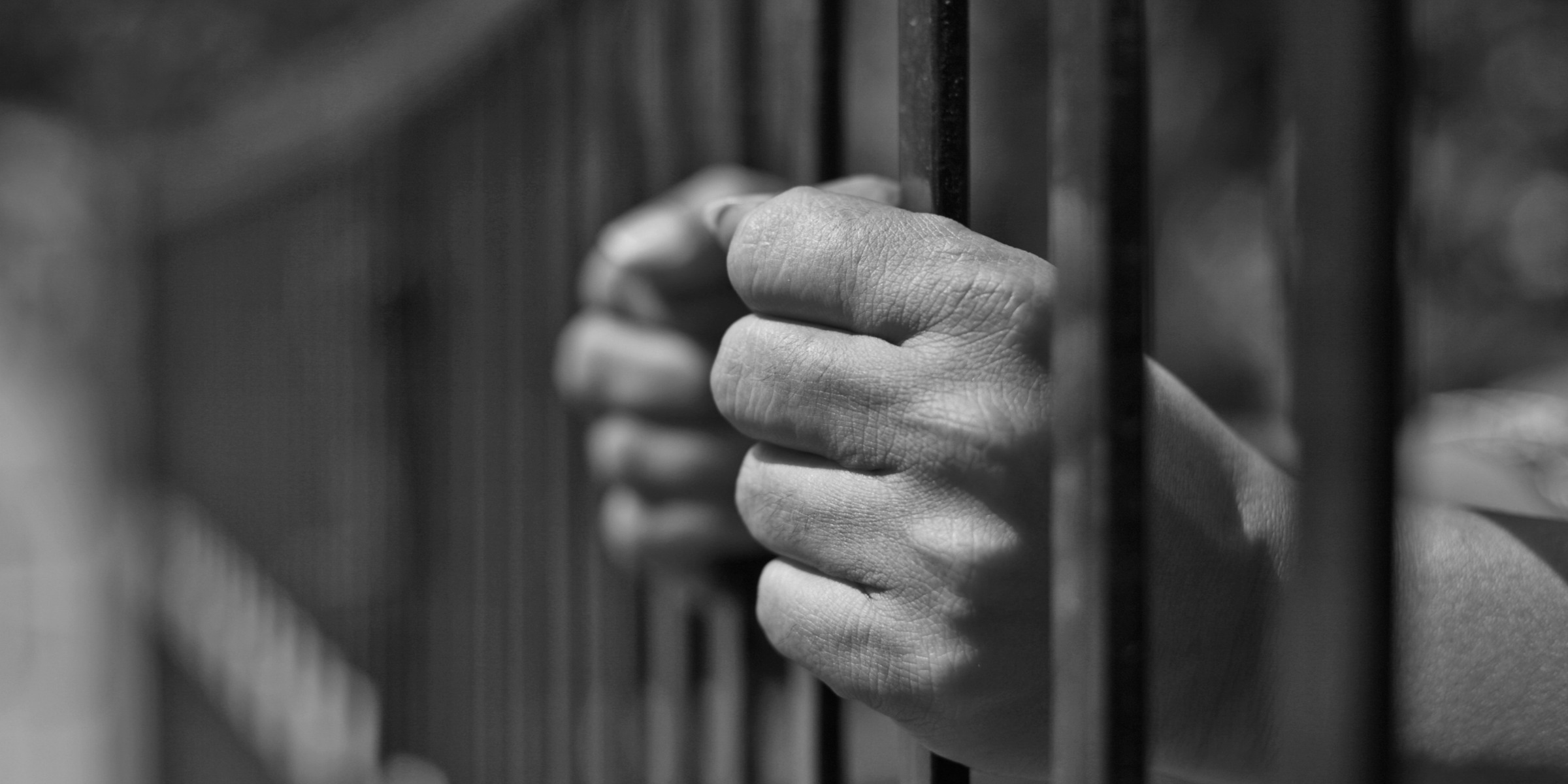Not sure if you need bail or a bond? Knowing the difference could save you time, money, and stress. Many people use the words “bail” and “bond” interchangeably, but in North Carolina, they mean different things. Understanding how each works can help you—or your loved one—make smarter decisions if you ever face an arrest in Raleigh, Wake County, or anywhere in the Triangle.
What Is Bail?
Bail is the full cash amount set by the court as a financial guarantee that the defendant will return for all required court dates.
Here’s how it works:
- A judge sets bail during a hearing based on the severity of charges, prior record, and risk of flight.
- The amount must be paid directly to the court by the defendant, a family member, or a friend.
- If the defendant attends every court appearance, most of the bail money is refunded at the end of the case—though administrative fees may be deducted.
Imagine someone in Raleigh is arrested after a traffic stop escalates into a misdemeanor drug charge. The judge sets bail at $5,000. If the family can pay the full $5,000 in cash directly to the Wake County court, the defendant is released. When the case concludes and all appearances are made, the family gets most of their money back.
The problem? Most families don’t have thousands of dollars sitting in savings. That’s where a bond comes in.
See how bail works under NC law through the North Carolina Judicial Branch.
What Is a Bond?
A bond is a financial guarantee backed by a licensed bail bondsman when the defendant cannot pay bail in full. Instead of paying the court directly, you pay a bail bondsman—such as Big Mike Bail Bonds—a percentage of the bail amount (typically 10–15%).
Here’s how it works:
- If bail is $5,000, the family pays Big Mike $500–$750, not the full $5,000.
- Big Mike posts the bond with the court, securing the defendant’s release.
- As long as the defendant appears in court, the bond remains in place.
Using the same $5,000 case above, the family pays Big Mike Bail Bonds $500. The defendant is released quickly without draining savings. The family doesn’t get the $500 fee back, but they also don’t have to risk tying up $5,000 in court.
Find answers to common questions about bail bonds in North Carolina on our FAQs page.
Key Differences: Bail vs Bond in North Carolina
To keep it simple:
- Bail = The full cash amount set by the court.
- Bond = A percentage paid to a bondsman, who then posts bail for you.
Cost
- Bail requires the full amount upfront.
- A bond allows release for only a fraction of that amount.
Speed
- Bail may take time if you’re gathering money from multiple sources.
- A bondsman can post bond immediately—often within hours—because they’re available 24/7.
Risk
- With bail, you risk losing the full amount if the defendant fails to appear.
- With a bond, you lose only the percentage paid to the bondsman, but conditions of release still must be followed.
For more information, learn more about the basics of bail bonds and the options for posting bail from Nolo’s legal guide.
Which Option Is Better?
There’s no one-size-fits-all answer. The best choice depends on your financial situation, the bail amount, and how quickly you need your loved one released.
- Choose bail if you can afford the full amount and don’t mind waiting for the refund at the end of the case.
- Choose bond if bail is set high, you need fast release, or you want to avoid tying up savings for months.
In Wake County, it’s common for judges to set bail at $10,000 or more for felony cases. If your loved one is arrested on a Friday night, paying the full amount may not be possible. A bondsman can post bond immediately, getting them out of jail before Monday’s court session. That difference can save days of unnecessary stress and hardship.
In practice, most families in North Carolina rely on bondsmen because it’s the fastest and most affordable way to secure release.
FAQs: Bail vs Bond in North Carolina
Q: If I pay bail, do I get all my money back?
Yes, most of it—minus administrative fees—if all court conditions are met.
Q: What percentage does a bail bondsman charge?
In NC, bondsmen typically charge 10–15% of the total bail amount as a non-refundable fee.
Q: Can bail ever be denied?
Yes. Bail can be denied in serious cases, repeat offenses, or if the judge believes the defendant poses a danger to the community. Read the NC law on when bail can be refused.
Choose the Smarter Path to Release
Bail and bond aren’t the same, but both serve the same purpose: ensuring defendants return to court. The choice comes down to your resources and urgency. For most families in Wake County and across North Carolina, working with a bail bondsman is the faster, more affordable way to bring loved ones home.
Call Big Mike 24/7 for help posting bond anywhere in Wake County NC.
Tags:
Bail Bonds Information, Posting Bail, Bail Money, North Carolina, Bail Bondsman, Unsecured Bond
October 16, 2025
